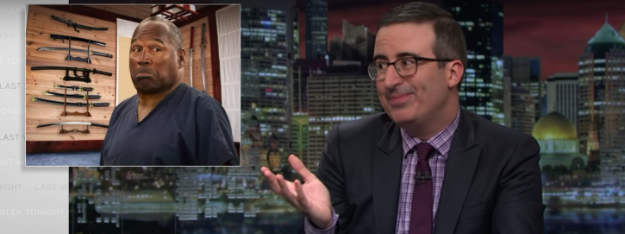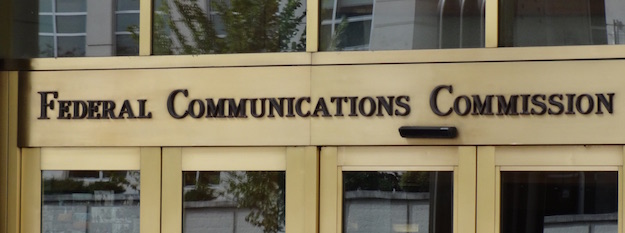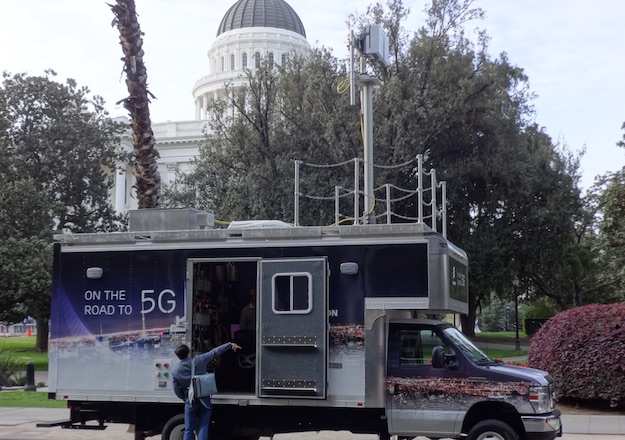California broadband subsidy law demands equal treatment for all, rich and poor alike
One of the mysteries surrounding Californian subsidies for broadband infrastructure is the abysmally low standard that the California Public Utilities Commission imposes on the people who live in public housing, and only on them. The thicket of laws that govern the California Advanced Services Fund (CASF) initially set aside $20 million to pay for broadband facilities in public housing communities, with the possibility of adding more when it runs out.
The CPUC is in the middle of rebooting the CASF program, after the California legislature added to the mess by turning the general infrastructure subsidy program – with $300 million in new money – into a piggy bank for AT&T and Frontier Communications.… More






![By Gregor Rodehüser, www.chronoblogie.de (Own work) [GFDL (https://www.gnu.org/copyleft/fdl.html) or CC BY-SA 3.0 (https://creativecommons.org/licenses/by-sa/3.0)], via Wikimedia Commons](https://www.tellusventure.com/images/2017/12/traffic_cones_625.jpg)


![By Cory Doctorow from Beautiful Downtown Burbank, USA [CC BY-SA 2.0 (https://creativecommons.org/licenses/by-sa/2.0)], via Wikimedia Commons](https://www.tellusventure.com/images/2018/5/la_net_neutrality_protest_sign.jpg)
